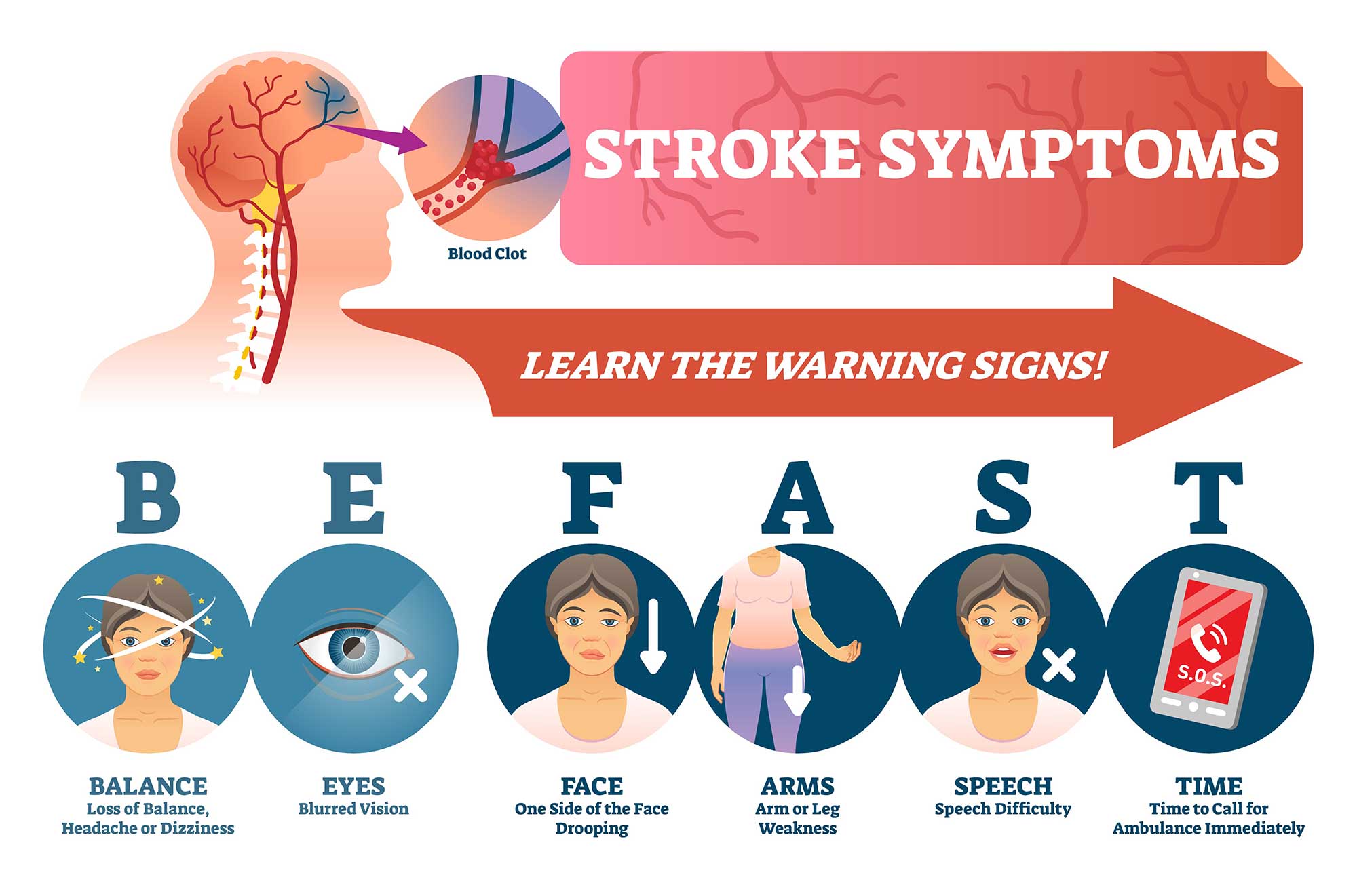Cerebrovascular Accident (Stroke)

A stroke usually leads to movement difficulties on one side of the body (hemiplegia). Rarely and depending on the affected brain area, it may lead to quadriplegia. The immediate consequences of brain damage include the awkward and ineffective movement of the affected hand, usually leading to an unconscious gradually decreasing use of the weak limb and simultaneous compensatory use of the non-affected hand in most activities of daily living. This compensation leads to further functional decrements, as the muscles lose more of their strength and elasticity because they are underused.
